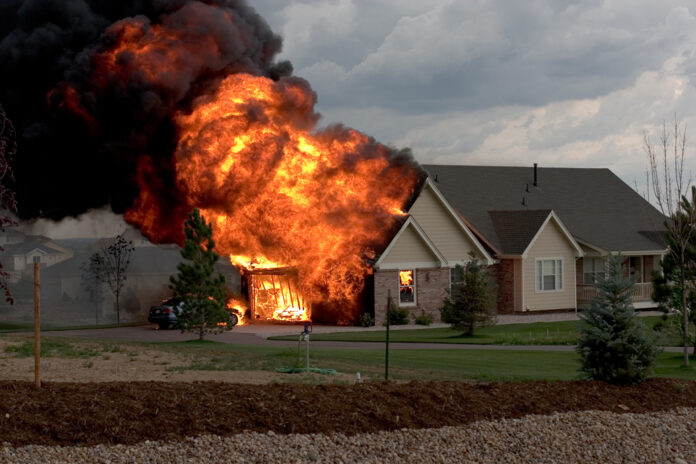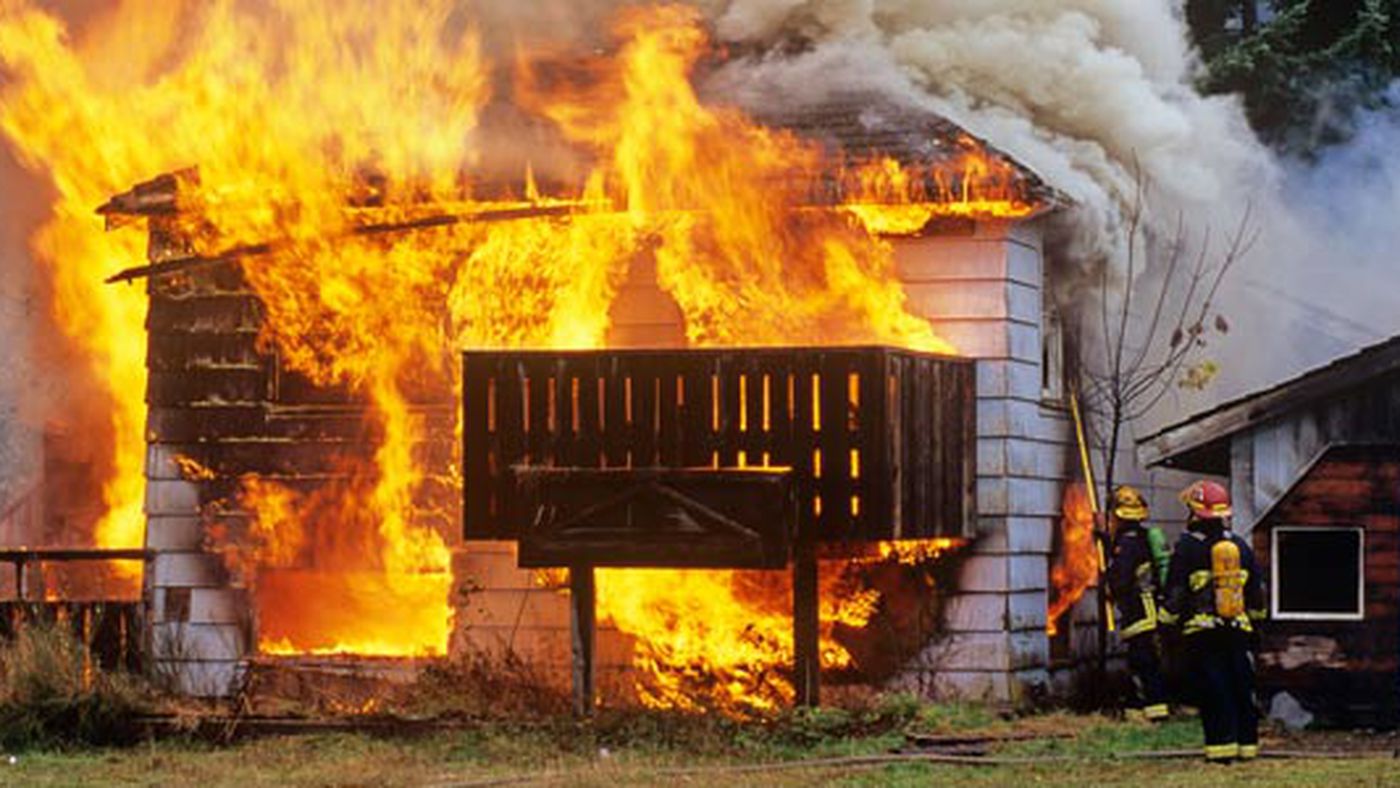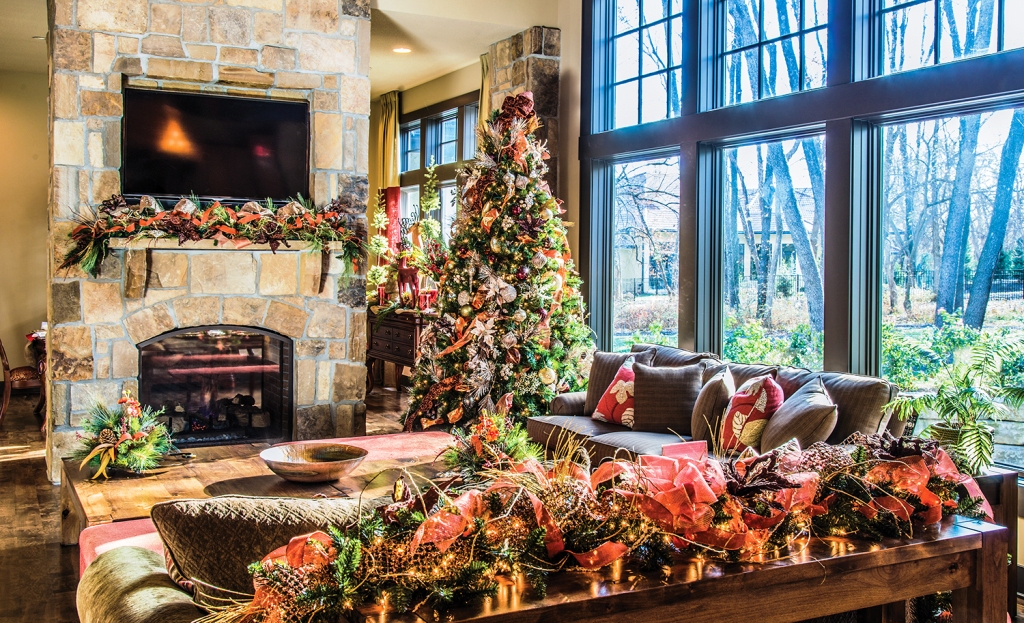With the 2019 fire accidents rising to a total of 110,900 for nonresidential building fires, which resulted in 1,125 injuries, costing over $2.8 billion, the issue of fire accidents in public buildings, offices, and homes especially, should not be undermined as well as the importance of fire safety which cannot be overemphasized.
As good as it is, home heating comes with shortcomings, as it ranks as the second leading cause of fires in the United States. To keep homes warm, people have the heat turned on, and many others use space heaters and other sources, which leads to various forms of fire accidents.
1. Right Attitude Towards Heaters
- Teach your children to know that all heaters need space.
- Teach children and pets not to go or play around heat or fire
- Kids should not have unsupervised access to candles, lighters, matches, or naked flames
- Keep anything that can burn, such as clothing, matches, paper, bedding, furniture, rugs, and carpets, as far away from heating equipment.
- If anyone uses a space heater, it should be placed on a hard, leveled, nonflammable surface like a ceramic tile floor, NOT carpets, rugs, or near bedding or drapes.
- Never leave a fire unattended, and you should use a glass or metal fire screen to keep fire and embers in the fireplace.
- Do not use an oven or cooking range to heat your home.
- Always turn off portable space heaters when no longer in use (when leaving the room or going to sleep)
- you should plug power cords directly into outlets, not an extension cord
2. Right Attitude Towards Power Outage
- Do not use candles in the dark; use flashlights instead
- Do not touch electrical power lines if they’re down; report them Instead.
- Teach your children and pets to stay away from downed lines
- Know and teach your family the safety of your generator(s), and the risks of carbon monoxide poisoning
- Always put off or disconnect any appliances or electronics you were using when the power outage to avoid surges or spikes.
- Put off/unplug all unnecessary electrical equipment, especially sensitive electronics.
- Always have an indicator to tell when the power comes back on
3. Create And Teach A Fire Escape Plan
- Create and practice a fire escape plan
- Each room should have two ways out
- Choose a spot to meet outside.
- Get familiarized with the plan by practising at least twice a year with everyone in your household.
4. Smoke And Fire Alarms
There’s no doubting that smoke alarms have severally saved lives over the years. Smoke alarms could avail you of the time needed for an escape. And fire alarms, on the other hand, can call for a swift response from the emergency fire service.
- Install and maintain smoke and fire alarms
- Provide smoke alarms on each level of your home
- Activate automatic fire detection systems
- Place smoke alarms inside and outside bedrooms
- Test smoke alarms monthly to make sure it’s working
- Change the battery regularly as and when due
- Install and maintain fire extinguishers
- Avoid keeping expired extinguishers
Conclusion
It is essential that every home teach their family members the necessary fire safety habits and put plans in place should there be any emergency fire outbreak.



















